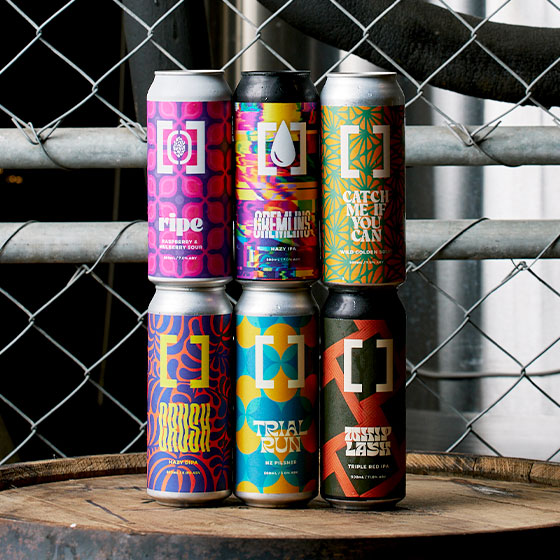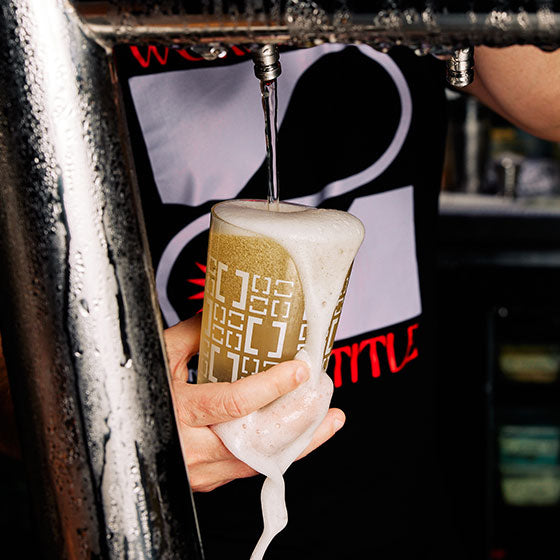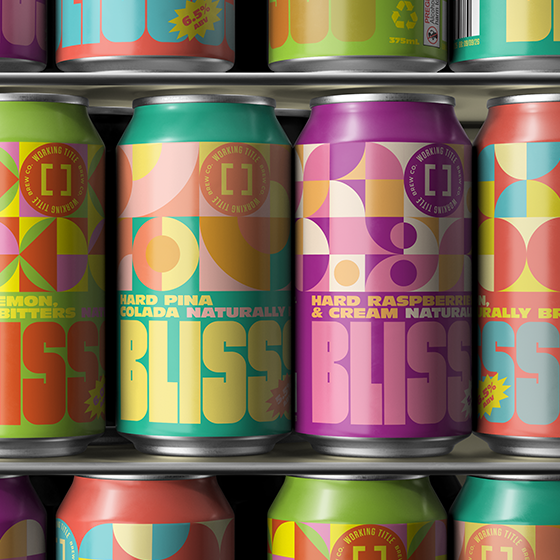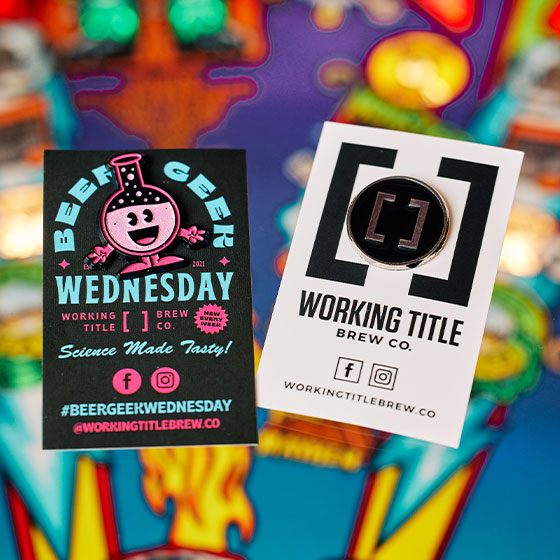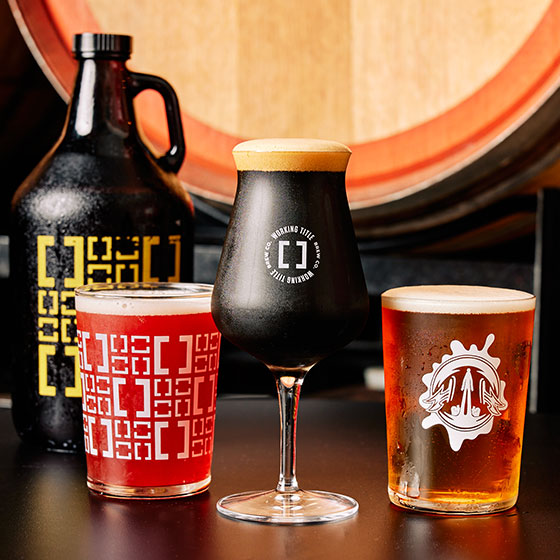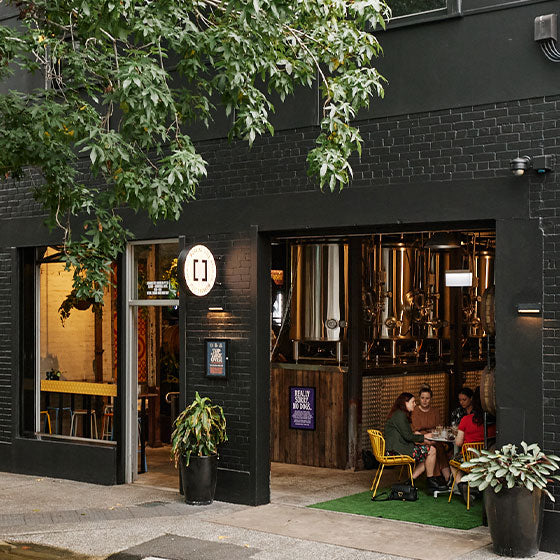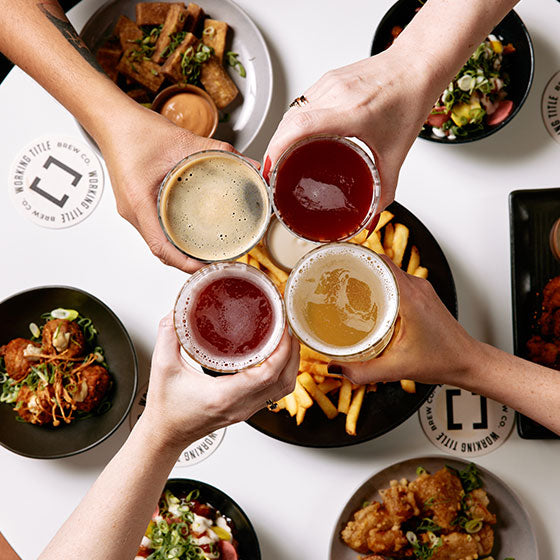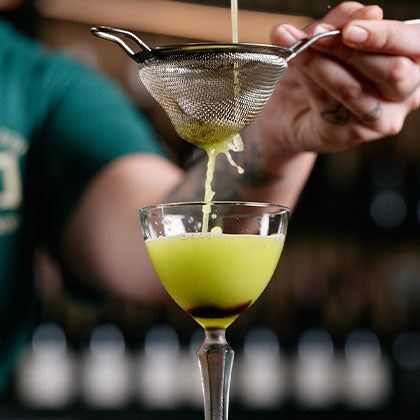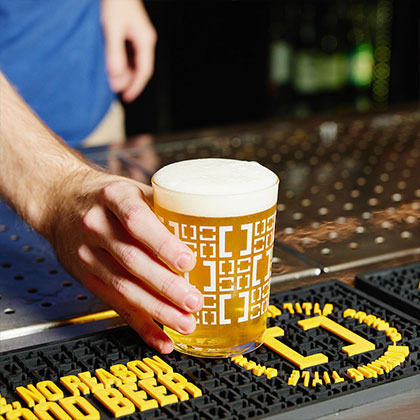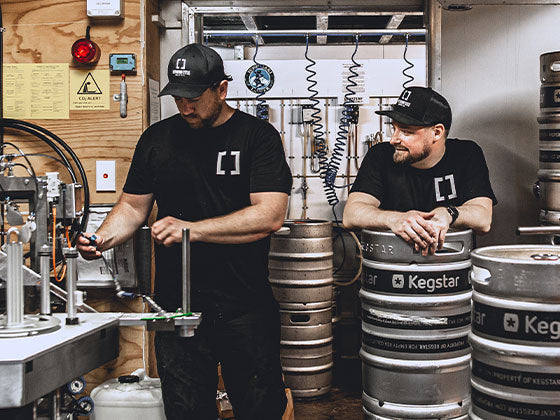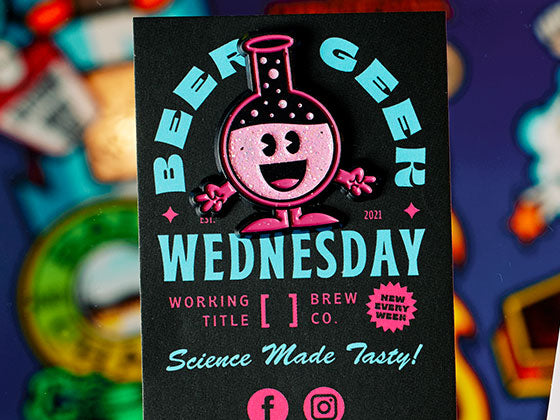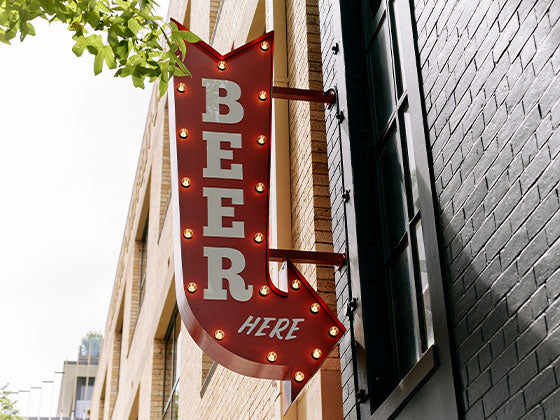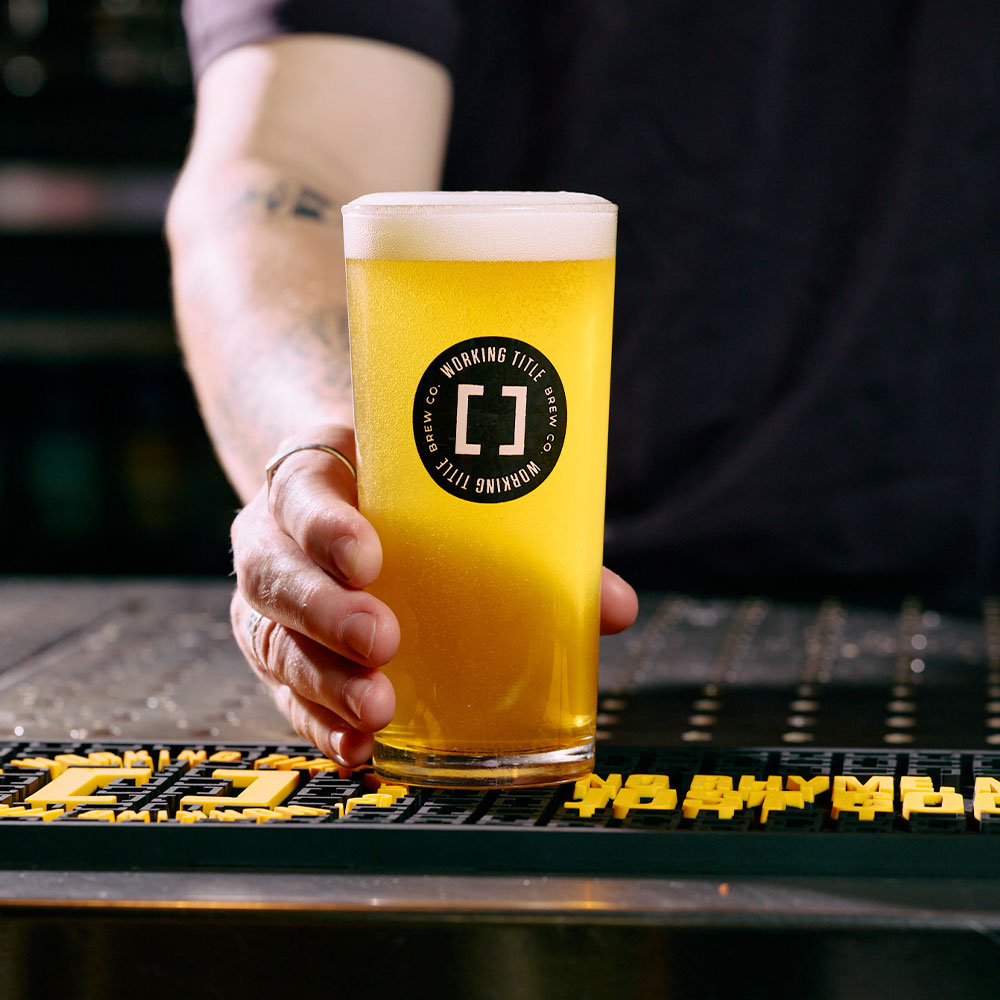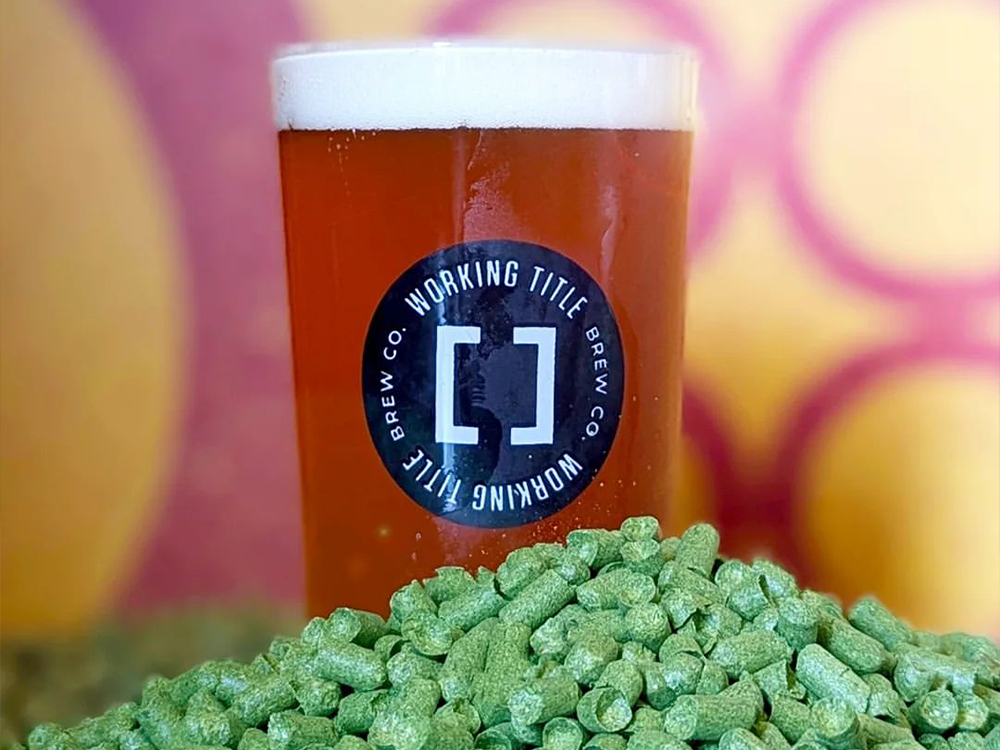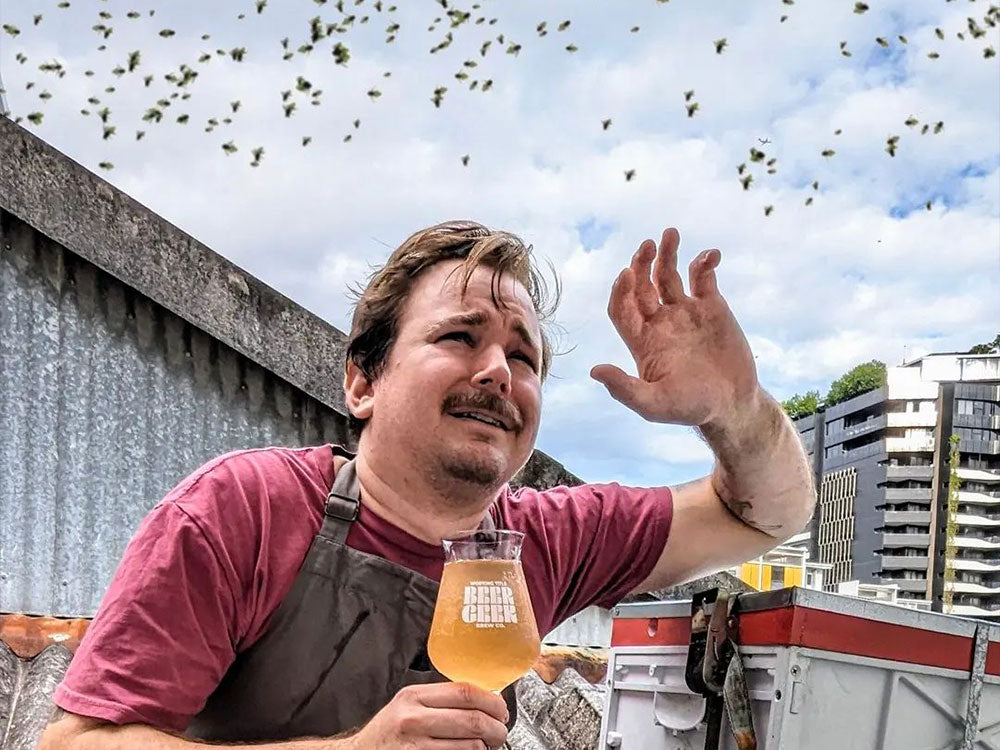It’s April 23rd 1553 and some geezer up the road, with a pointy hat, who fancies himself as a Beer Baron, has just decreed that you can’t brew from tomorrow until September 29th due to all the spoilage microorganisms in Summer. Like, what the actual shit man, I run a clean brewery, fuck you. So you bust out that special stack of malt you’ve been hoarding, up the alcohol content so you can blackout the pain away, add some extra hops so it lasts, set the Best Before to 18 months, knowing it’s complete horse excrement, but the nationals will still take some, and settle in for that overnight brew. Bliss. And this was the birth of Märzenbier, or March Beer. Brewed extra strong in March, quaffed extra hard in September.
Fast forward to 1810 and a different geezer, who fancies himself as a Party Starter, gets nuptualised and wants that special brew. You don’t have one. So you clean skin some Märzen gear, get Shield’s great great great grandfather to brand it good and boom, Oktoberfestbier. How does he do it? A totally different beer, just for Oktoberfest, which is in September.
Fast forward to 2024 and a third geezer, who fancies himself as a student of alternative histories makes a Mäzenbier for Oktoberfest, even though he lives in the southern hemisphere, has no German heritage, has none of the right equipment, or ingredients and enjoys neither weddings nor bureaucratic decrees.
On April 23rd we slammed the lil Doggett St brewery with a double decoction mash. A decoction is a mash regime that involves taking about 1/3 of the mash into the kettle, boiling it, and returning it to the mash. This does a few things. Firstly, it accelerates the Maillard reaction, a process of caramel formation where proteins bind to carbohydrates in the presence of heat. Secondly, it allows a temperature stepped mash, thus you can have mash rests at 50oC, 63oC and 73oC. These different temperatures do different things to the proteins and sugars in the beer. Overall, it does a better job of creating a beautifully clear, super crisp and dry beer, than a single infusion mash that we are used to.
Originally, Märzenbier, their Austrian cousin, the Vienna Lager, and their little sibling, the Oktoberfestbier, were all double decocted. Some believe it creates a unique flavour that cannot be replicated otherwise. And did we achieve it? Well, you’ll have to wait until Oktoberfest, in September.

